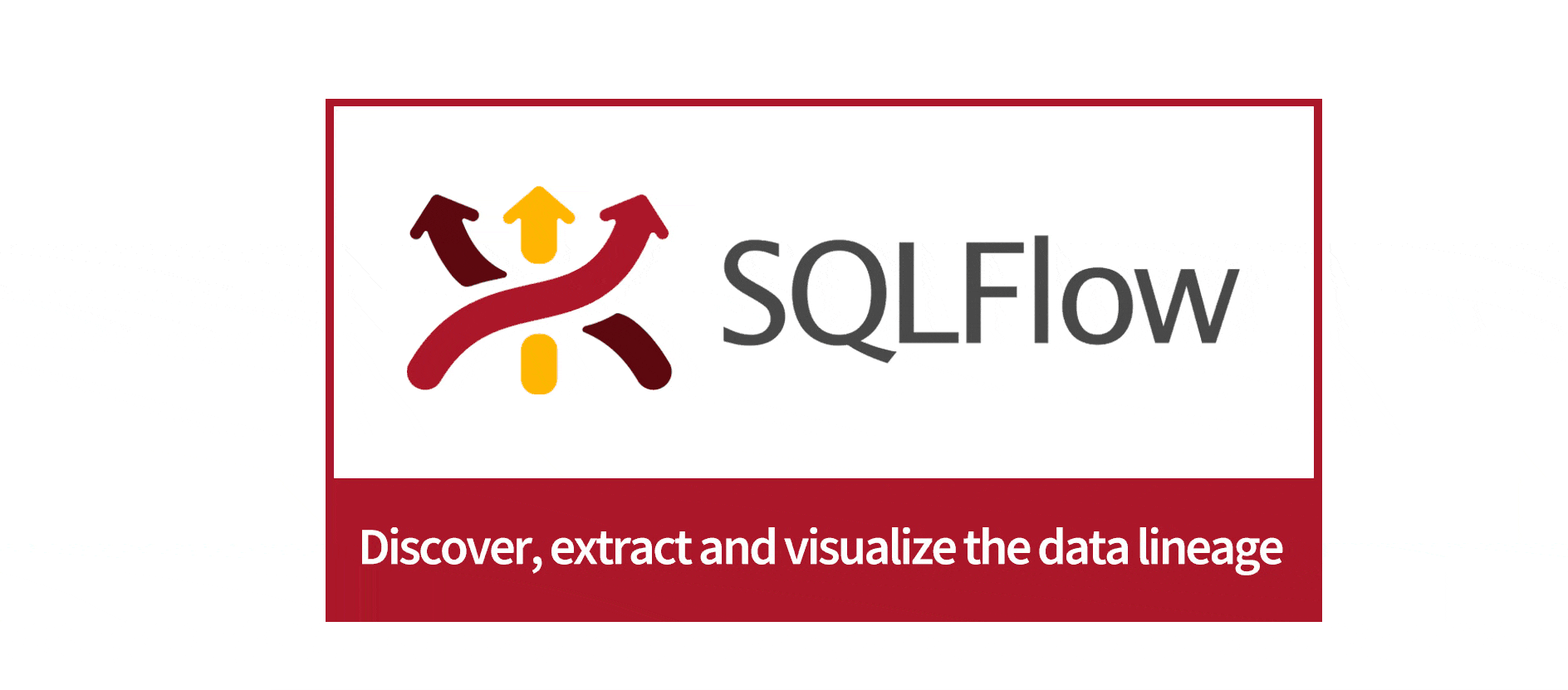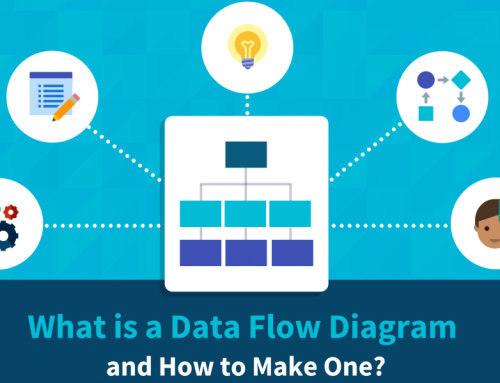Top 7 Benefits of Metadata Management
Metadata management is the key to extracting all possible value from data assets. However, most organizations do not use all the data at their disposal to derive deeper decisions and analysis on how to increase revenue, achieve regulatory compliance or accomplish strategic goals. In this article, we will introduce what metadata is, its key role, the top 7 benefits of metadata management, and automating metadata management.

Benefits of Metadata Management
What is metadata?
Gartner defines metadata as “information that describes all aspects of a data asset in order to improve its availability throughout its lifecycle.” It is metadata that turns data into assets. ”
Simply put, metadata is data about data. It is generated every time data is ingested from a data source, accessed by a user, moved around an organization, integrated or enhanced with other data from other data sources, analyzed, cleaned, and analyzed.
It is valuable because it provides information about the attributes of data elements that can be used to guide strategic and operational decisions. Metadata management is the management of data that describes other data, with an emphasis on association and lineage. It involves establishing policies and processes to ensure data can be integrated, accessed, shared, linked, analyzed and maintained across the organization.
The Key Role of Metadata:
Robust data management strategies and data quality to support technical and business needs, including data catalogs (data sets from various sources), data mapping, version control, business rules and glossary maintenance, and metadata management (association and lineage ).
Important questions that metadata can answer:
- What data do we have?
- Where did it come from?
- Where is it now?
- How has it changed since it was originally created or collected?
- Who is authorized to use it and how?
- Is it sensitive or has any associated risks?
Metadata can also help organizations do the following:
- Discover data. Identify and query metadata from various data management silos.
- Data collection. Automatically capture metadata from disparate data management silos and combine it into a single source.
- Construct and deploy data sources, linking physical metadata to specific data models, business terms, definitions, and reusable design standards.
- Analyze metadata to understand how data relates to the business and what properties the data has.
- Map data, determine where to integrate data, and track how data moves and transforms.
- Manage data. Develop a governance model to manage standards, policies and best practices and associate them with physical assets.
- Data socialization. Stakeholders can view data in the context of their role.
Top 7 Benefits of Metadata Management:
Top 7 Benefits of Metadata Management – 1. Better data quality.
With automation, data quality is systematically assured and data pipelines are seamlessly governed and operated to benefit all stakeholders. Identify data issues and inconsistencies within integrated data sources or targets in real-time, improving overall data quality by increasing time to insight or remediation. During corporate mergers and acquisitions, it is easier to map, move and test data for regular maintenance of existing structures, from legacy systems to new ones.
Top 7 Benefits of Metadata Management – 2. Faster project delivery.
Automated enterprise metadata management provides greater accuracy and up to 70% faster project delivery for data movement and deployment projects. It fetches metadata from various data sources, maps any data element from source to target, and orchestrates data integration across platforms. With this accurate metadata map, you can accelerate big data deployments, data warehousing, cloud migrations, and more.
Top 7 Benefits of Metadata Management – 3. Faster insights.
Like data scientists spend up to 80% of their time finding and understanding source data, and resolving errors or inconsistencies, rather than analyzing its true value. With more powerful data manipulation and analysis, we can reverse this equation to gain faster insights, access and connect underlying metadata and its lineage. Technical resources are free to focus on the highest value projects, while business analysts, data architects, ETL developers, testers, and project managers can more easily collaborate to make decisions faster.
Top 7 Benefits of Metadata Management – 4. Increase productivity and reduce costs.
Being able to rely on automated and repeatable metadata management processes can increase productivity. For example, one client has experienced a dramatic increase in productivity – over 85% – because manual-intensive and complex coding has been automated, and over 70% because of seamless access and visibility of all metadata, including end-to-end lineage. Significant data design and transformation savings (up to 50% and 70%, respectively) may also reduce data mapping costs by up to 80%.
Top 7 Benefits of Metadata Management – 5. Regulatory compliance.
Regulations such as the General Data Protection Regulation (GDPR), the Health Insurance and Portability Accountability Act (HIPAA), the Basel Committee on Banking Supervision (BCBS) and the California Consumer Privacy Act (CCPA) particularly affect financial, retail, healthcare Healthcare and pharmaceutical, life sciences and other industries. Audits can be flawed when critical data is not discovered, collected, catalogued, defined and standardized as part of an integrated process. Sensitive data is automatically flagged, its edge is automatically recorded, its flow is described so it is easy to spot, and its use in the workflow is easy to track.
Top 7 Benefits of Metadata Management – 6. Digital transformation.
Know what data exists and its value potential to facilitate digital transformation. 1) Improve the digital experience because you understand the organization and how to support customers; 2) Strengthen digital business as data preparation and analytics projects are built faster; 3) Drive digital innovation as data can be used to deliver new products and services; 4) Build digital ecosystems as organizations need platforms and partnerships to scale and grow.
Top 7 Benefits of Metadata Management – 7. Enterprise Data Governance.
Data governance includes IT users and business users in a collaborative relationship, so data governance is everyone’s business. Modern, strategic data governance must be an ongoing process that requires everyone from executives to employees to rethink their data responsibilities and take on new levels of collaboration and accountability. As business data departments drive alignment between data governance and strategic enterprise goals, and IT handles the technical mechanisms by which data management is handled, the door opens to finding, trusting, and using data to effectively meet any organizational goal.
Automate the Management of Metadata
Manually managing metadata management is expensive, time-consuming, error-prone, and unable to keep pace with dynamic enterprise data management infrastructures. While integrating and automating data management and data governance is still a new concept for many organizations, its advantages are clear.
Metadata management systems need to include data catalogs, data read and write, and automation capabilities to better understand and access data assets, guide their use, and ensure compliance with data policies and best practices. Automation of metadata management provides organizations with visibility and control over disparate data streams, from collection to aggregation and integration, including transformation with full upstream and downstream lineage and all related documents.
Conclusion
Thank you for reading our article and we hope it can help you to have a better understanding the top 7 benefits of metadata management. If you want to learn more about metadata management, we would like to advise you to visit Gudu SQLFlow for more information.
As one of the best data lineage tools available on the market today, Gudu SQLFlow can not only analyze SQL script files, obtain data lineage, and perform visual display, but also allow users to provide data lineage in CSV format and perform visual display. (Published by Ryan on Jun 29, 2022)
2 Comments
Leave A Comment
If you enjoy reading this, then, please explore our other articles below:




[…] include tools and platforms that support core areas, such as data quality management systems, metadata management systems, etc. They are the technical guarantee that data governance can be carried out smoothly. […]
[…] Metadata management. Build business glossaries, define and locate data in your organization, and ensure data-rich metadata is managed and applied. […]